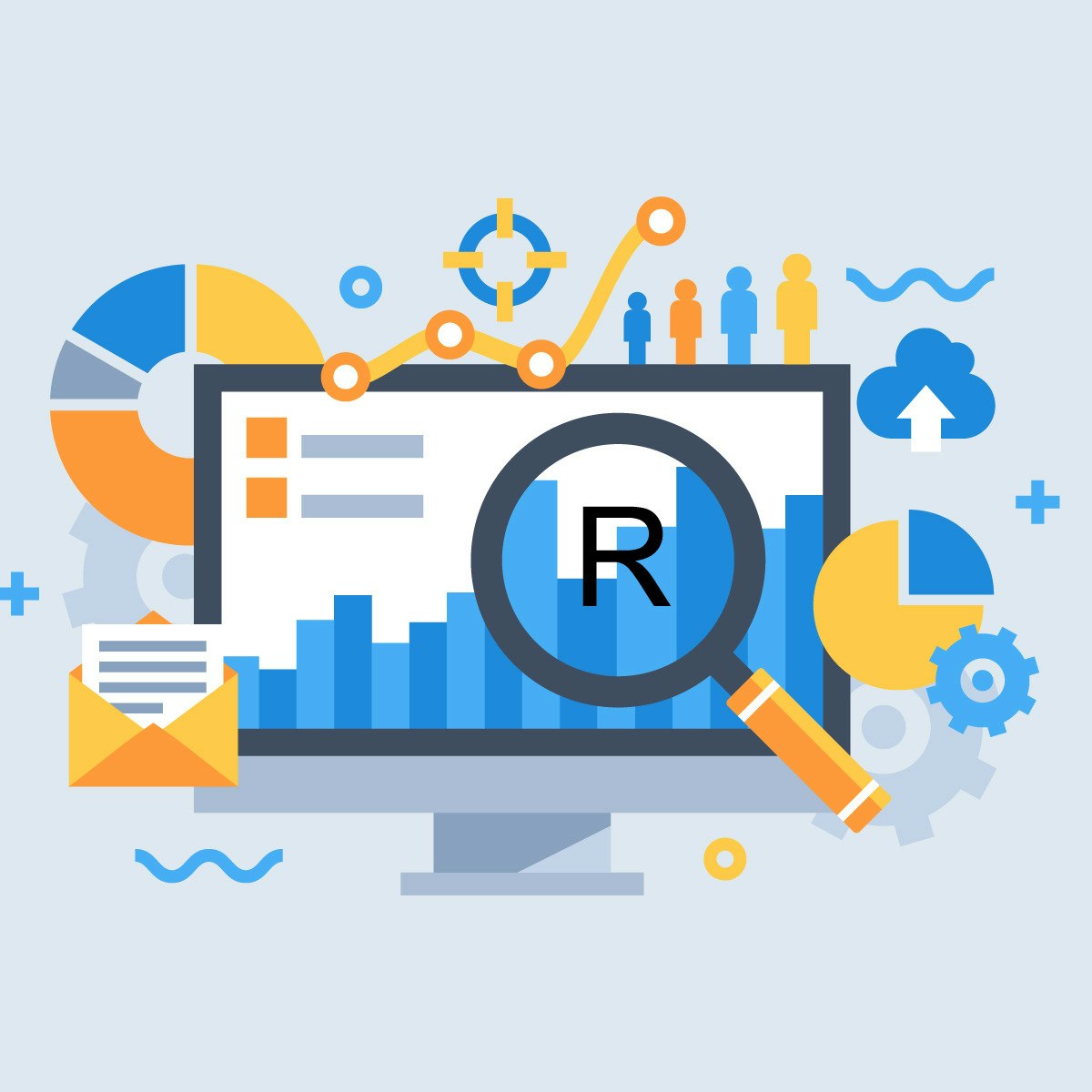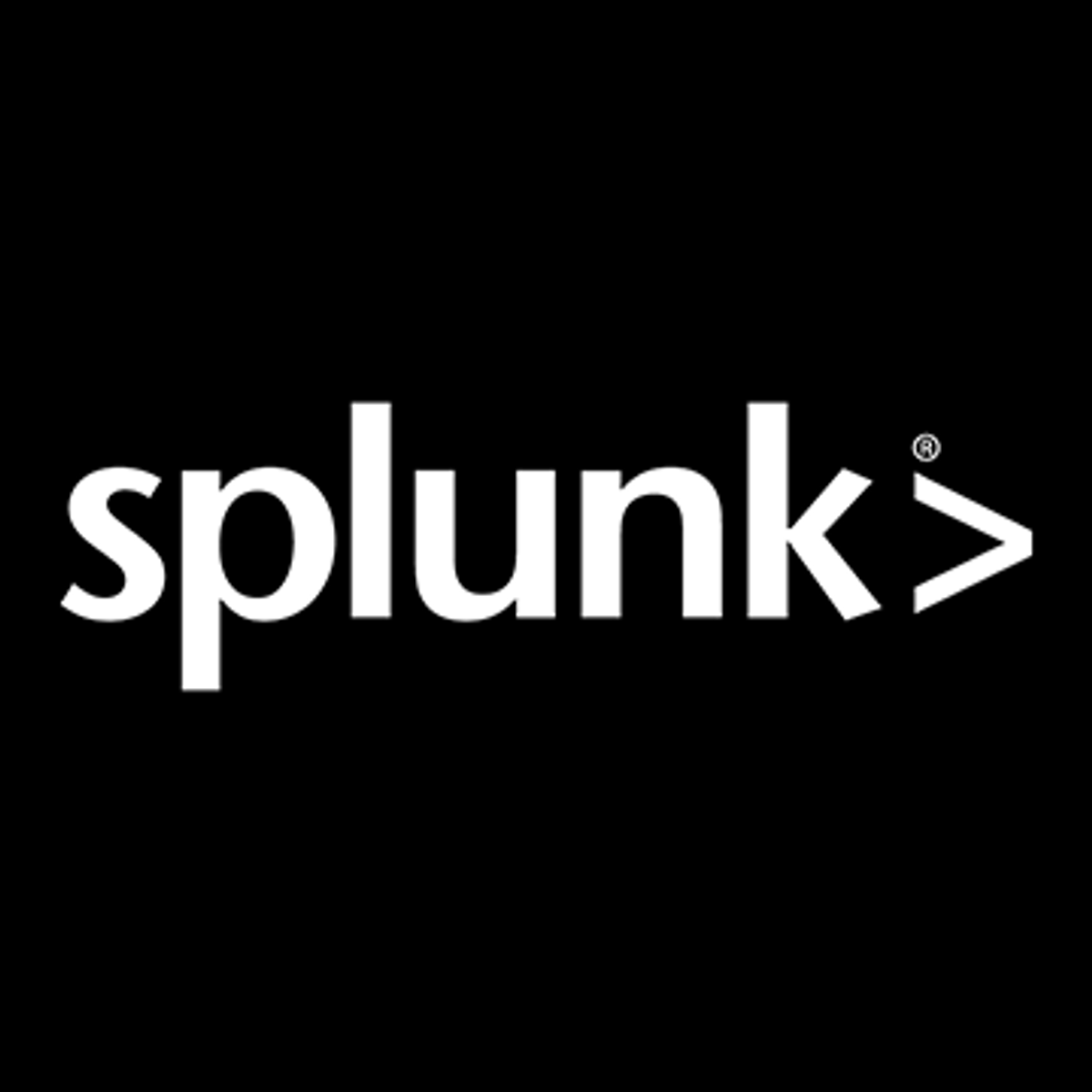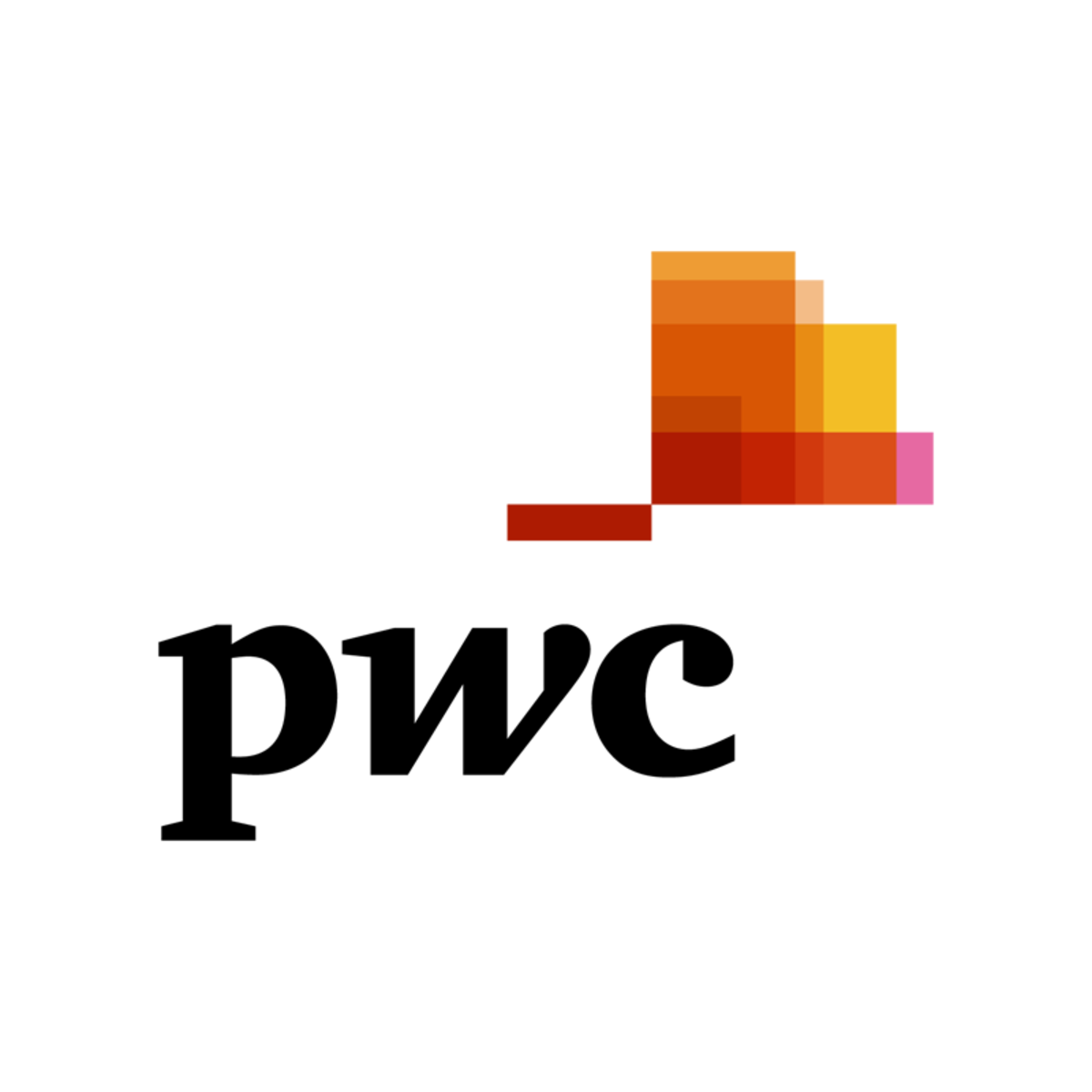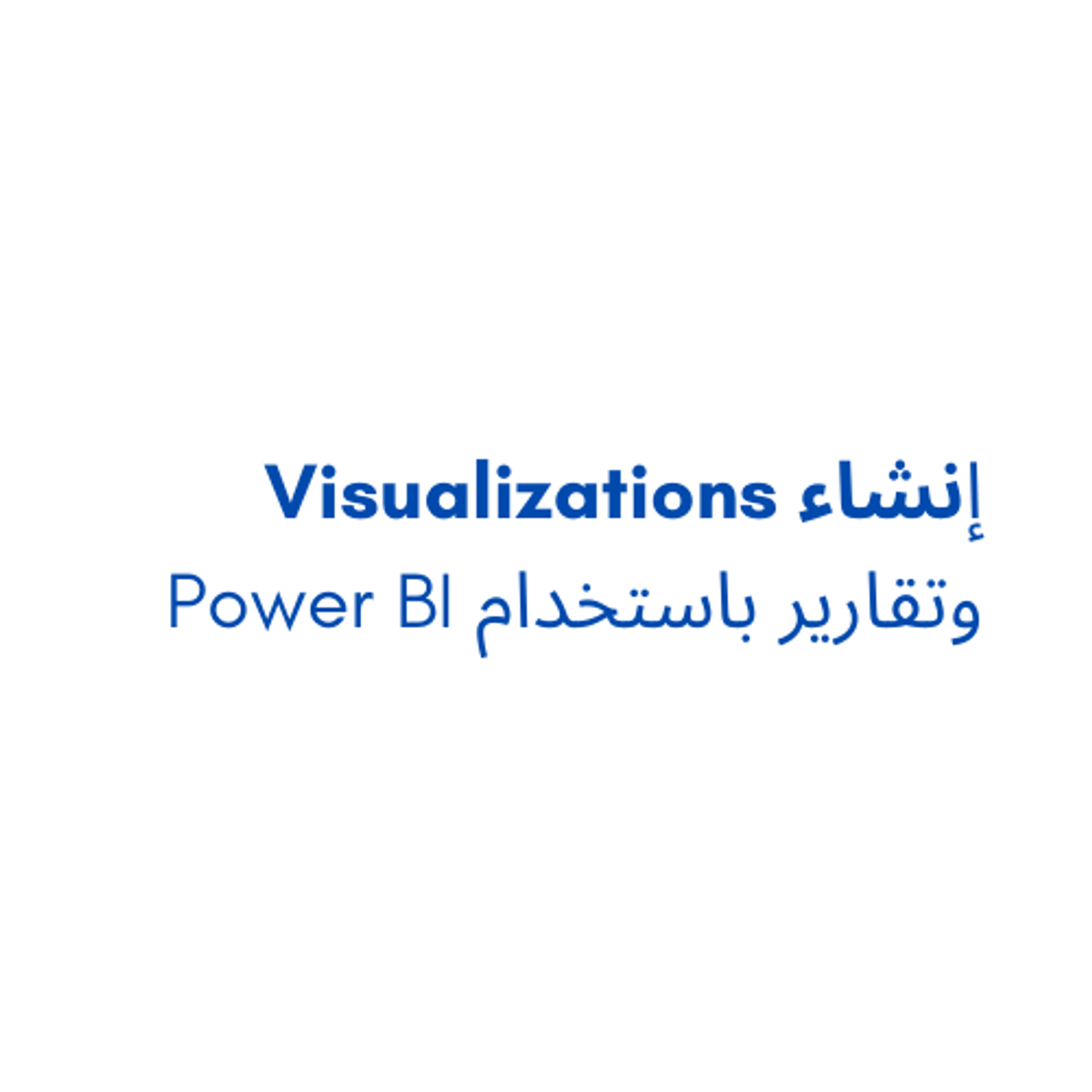Dashboard Developer
A Comprehensive Guide to Becoming a Dashboard Developer
A Dashboard Developer specializes in creating visual interfaces, known as dashboards, that display key data points and performance indicators for businesses. Their primary goal is to transform raw data into understandable, actionable insights through charts, graphs, and summaries. These professionals bridge the gap between complex datasets and the decision-makers who need clear, concise information to guide strategy.
Working as a Dashboard Developer can be highly engaging. You'll often find yourself solving intricate puzzles, figuring out the best way to represent complex information visually. It involves both technical skill in handling data and tools, and creativity in designing interfaces that are not only informative but also intuitive and aesthetically pleasing. Seeing your dashboards directly influence business decisions provides a strong sense of impact and accomplishment.
What Does a Dashboard Developer Do?
Definition and Core Objectives
At its core, dashboard development is about communication through data visualization. A Dashboard Developer designs, builds, and maintains dashboards that provide stakeholders with a clear view of performance, trends, and potential issues. They work closely with business users, data analysts, and data engineers to understand requirements, identify relevant data sources, and choose the most effective ways to visualize information.
The main objective is to empower users to monitor key metrics and make informed decisions quickly. This involves selecting appropriate chart types, arranging elements logically, ensuring data accuracy, and optimizing dashboards for performance and usability. They strive to create tools that tell a compelling story with data, highlighting critical insights that might otherwise be lost in spreadsheets or reports.
Effective dashboards are tailored to their audience and purpose. A developer must consider who will be using the dashboard and what questions they need answered. This user-centric approach ensures the final product is not just visually appealing but truly functional and valuable to the organization.
Key Industries and Impact
Dashboard Developers are in demand across a wide range of sectors. Finance relies heavily on dashboards for tracking market trends, portfolio performance, and risk management. In healthcare, dashboards monitor patient outcomes, operational efficiency, and resource allocation. Technology companies use them to track user engagement, system performance, and sales pipelines.
Retail, manufacturing, marketing, and logistics also employ Dashboard Developers to optimize supply chains, monitor sales performance, track marketing campaign effectiveness, and manage inventory. Essentially, any industry that generates significant amounts of data can benefit from skilled professionals who can turn that data into accessible visual insights.
The role of a Dashboard Developer is central to fostering a data-driven culture within an organization. By providing accessible, real-time (or near real-time) insights, they enable teams at all levels to understand performance, identify opportunities, and react swiftly to changing conditions. This direct link to decision-making makes the role crucial for business agility and success.
Role in Data-Driven Decision-Making
Dashboard Developers are pivotal figures in the data-driven decision-making process. They translate complex analytical findings into visual formats that are easily digestible by non-technical audiences, including executives and managers. This translation is vital for ensuring that insights derived from data analysis actually inform strategic and operational choices.
They collaborate with data analysts and scientists who perform the underlying data exploration and modeling. The developer then takes these findings and designs dashboards that highlight the key results and trends. This involves not just technical implementation but also a strong understanding of business context and storytelling principles.
Ultimately, a well-crafted dashboard serves as a command center, providing a unified view of critical information. It reduces the time needed to gather and interpret data, allowing leaders to focus on acting upon the insights presented. This accelerates the decision-making cycle and improves the overall effectiveness of the organization.
Technical Skills for Dashboard Developers
Programming Languages
While not always strictly required, proficiency in certain programming languages significantly enhances a Dashboard Developer's capabilities. SQL (Structured Query Language) is fundamental for extracting, transforming, and manipulating data from relational databases, which are common data sources for dashboards.
Python is increasingly valuable, particularly its data manipulation libraries like Pandas and data visualization libraries like Matplotlib and Seaborn. Python can be used for automating data preparation tasks, performing more complex analyses before visualization, and sometimes even building custom visualization components or integrating dashboards with other applications.
JavaScript, often in conjunction with libraries like D3.js (Data-Driven Documents), React, or Plotly.js, is essential for creating highly customized, interactive web-based visualizations and dashboards. While many dedicated BI tools handle visualization, JavaScript offers maximum flexibility for unique requirements.
These courses offer a foundation in JavaScript and D3.js, key tools for building custom, interactive web visualizations.
Understanding R can also be beneficial, especially its powerful visualization packages like ggplot2, often used in more statistically focused environments.
This course provides an introduction to data visualization using R and its popular ggplot2 package.
Data Visualization Tools
Mastery of dedicated data visualization and Business Intelligence (BI) tools is central to the role. Leading platforms like Tableau and Microsoft Power BI dominate the market. Proficiency in at least one of these is often a core requirement for Dashboard Developer positions.
These tools offer user-friendly interfaces for connecting to various data sources, creating interactive charts and graphs, assembling them into dashboards, and sharing them across an organization. Other popular tools include Qlik Sense, Looker (now part of Google Cloud), Splunk (especially for IT operations and security data), and Grafana (popular for monitoring infrastructure and application performance).
Choosing the right tool often depends on the organization's existing technology stack, specific needs, data sources, and budget. A good developer understands the strengths and weaknesses of different platforms and can select or adapt to the tool best suited for the task.
These courses introduce popular dashboarding and visualization tools like Tableau, Splunk, Grafana, and Qlik Sense.
This book provides foundational knowledge for working with SQL Server Analysis Services, often used in BI solutions.
Database Management and API Integration
Dashboards pull data from various sources, so understanding databases is crucial. This includes familiarity with relational databases (like SQL Server, PostgreSQL, MySQL) and how to write efficient SQL queries. Knowledge of data warehousing concepts (e.g., star schemas, dimensional modeling) is also highly beneficial for organizing data for reporting.
In addition to databases, developers often need to pull data from other sources via APIs (Application Programming Interfaces). This might involve fetching data from web services, cloud applications (like Salesforce or Google Analytics), or internal systems. Understanding REST APIs, JSON data format, and how to authenticate and retrieve data programmatically is increasingly important.
Experience with data modeling – designing how data is structured and related – helps ensure that dashboards are built on a solid, performant foundation. This skill bridges the gap between raw data sources and the final visualization layer.
Version Control Systems
While perhaps less emphasized than in pure software development, using version control systems like Git is becoming best practice for Dashboard Developers. It allows developers to track changes to their code (e.g., SQL scripts, Python data processing scripts, JavaScript visualization code) and dashboard configurations.
Version control facilitates collaboration among team members working on the same dashboards or related data pipelines. It provides a history of changes, allows for reverting to previous versions if something breaks, and enables branching for developing new features without disrupting the main dashboard.
As dashboards become more complex and critical to business operations, adopting software development practices like version control helps ensure stability, maintainability, and collaboration efficiency. Familiarity with platforms like GitHub or GitLab is a plus.
Formal Education Pathways
Relevant Undergraduate Degrees
A bachelor's degree is often the entry point for Dashboard Developer roles, typically in fields that provide a strong quantitative and technical foundation. Computer Science degrees offer essential programming, database, and algorithmic knowledge. Data Science or Analytics programs are increasingly common and directly relevant, covering statistics, data manipulation, visualization, and machine learning.
Degrees in Statistics, Mathematics, or Economics can also provide the necessary analytical grounding. Business-focused degrees, such as Management Information Systems (MIS) or Business Analytics, combine technical skills with a strong understanding of business context, which is crucial for building relevant dashboards.
Regardless of the specific major, coursework in databases (SQL), programming (Python, R, or JavaScript), statistics, and data visualization principles is highly beneficial. Internships or projects involving data analysis and visualization during undergraduate studies significantly strengthen a candidate's profile.
Graduate Programs
For those seeking deeper expertise or specialization, master's degrees can be advantageous. Programs in Data Science, Business Analytics, or Data Analytics provide advanced training in statistical modeling, machine learning, data management, and sophisticated visualization techniques. These programs often include capstone projects where students build real-world dashboards and analytical solutions.
A master's degree can be particularly helpful for career changers coming from less quantitative backgrounds or for individuals aiming for more senior analytical or leadership roles. Some programs offer specializations in areas like data visualization or big data technologies, further honing relevant skills.
These advanced degrees often emphasize not just the technical aspects but also the strategic application of data insights within organizations, preparing graduates to lead data initiatives and communicate effectively with stakeholders.
Research and PhD Opportunities
While a PhD is generally not required for most industry Dashboard Developer roles, research opportunities exist at the intersection of data visualization, human-computer interaction (HCI), and data science. PhD programs in these fields might explore novel visualization techniques, study the effectiveness of different dashboard designs, or develop new tools for data exploration.
Researchers in visualization investigate how humans perceive visual information and how to design displays that minimize cognitive load and maximize insight generation. HCI researchers might focus on the usability and interaction design of analytical tools, including dashboards. A PhD path is typically pursued by those interested in academic research, teaching, or leading cutting-edge R&D in visualization technology within large tech companies or research labs.
Such advanced study delves deep into the theoretical underpinnings of why certain visualizations work better than others and contributes to the evolution of the field itself.
Self-Directed Learning and Online Resources
Structured Learning with Online Courses
The field of dashboard development is highly amenable to self-directed learning, thanks to abundant online resources. Online courses offer structured pathways to acquire necessary skills, from foundational SQL and Python to specific BI tool mastery (Tableau, Power BI, etc.) and advanced visualization techniques (like D3.js).
OpenCourser aggregates thousands of courses, allowing learners to compare options, read reviews, and find courses tailored to their specific needs and skill levels. Platforms offer courses ranging from introductory overviews to deep dives into specific technologies, often taught by industry experts or university professors.
Online learning provides flexibility, allowing individuals to learn at their own pace and often at a lower cost than traditional degree programs. Building a curriculum by combining courses on data fundamentals, a chosen BI tool, and perhaps a programming language can be a very effective way to gain the necessary competencies for an entry-level role.
For those looking to get started with data visualization or enhance their skills, these courses cover foundational tools and techniques.
Project-Based Learning Strategies
Theoretical knowledge is essential, but practical application cements understanding and demonstrates capability to potential employers. Engaging in project-based learning is crucial. This involves finding interesting datasets (publicly available datasets are plentiful online) and building dashboards to explore them.
Start with simple projects, perhaps visualizing personal finance data or analyzing trends from a favorite sports league. Gradually increase complexity, tackling larger datasets, integrating multiple data sources, or implementing more sophisticated visualizations. Documenting your process – the questions you asked, the data cleaning steps, the design choices – is as important as the final dashboard.
These projects form the backbone of a portfolio, which is often more persuasive to hiring managers than certifications alone. Contributing to open-source visualization projects or participating in online data visualization challenges (like Kaggle competitions or #TidyTuesday on Twitter) are also excellent ways to gain experience and visibility.
These books offer valuable insights into effective data visualization and storytelling, crucial for impactful dashboard design.
Certifications vs. Skill-Based Portfolios
Certifications, particularly vendor-specific ones (e.g., Tableau Desktop Specialist/Certified Data Analyst, Microsoft Certified: Power BI Data Analyst Associate), can validate proficiency with specific tools. They can be a useful signal on a resume, especially for entry-level positions or when targeting roles heavily reliant on one particular platform.
However, most employers place greater emphasis on demonstrated skills and experience. A strong portfolio showcasing well-designed, insightful dashboards built from real or realistic datasets is often the most compelling evidence of competence. It allows hiring managers to directly assess your visualization skills, design sense, and ability to derive meaning from data.
Ideally, a combination of relevant certifications and a robust portfolio is best. Certifications show foundational knowledge of a tool, while the portfolio proves you can apply that knowledge effectively to solve problems and communicate insights. Prioritize building projects and demonstrating practical skills.
Career Progression in Dashboard Development
Entry-Level Roles
Many Dashboard Developers start their careers in related data roles. Titles like Data Analyst, Business Intelligence (BI) Analyst, or Reporting Analyst often involve significant dashboard creation as part of broader analytical responsibilities. These roles provide foundational experience in accessing data (SQL), cleaning data, performing analysis, and using BI tools.
In these positions, individuals learn to understand business requirements, work with stakeholders, and translate needs into effective data visualizations. They gain familiarity with common data sources within an organization and develop skills in using specific BI platforms like Tableau or Power BI.
Some organizations may have dedicated Junior Dashboard Developer roles, but often the path starts with a broader analytical function where dashboarding is a key component. Building strong skills in data manipulation and visualization in these initial roles sets the stage for specialization.
Mid-Career Specialization
With experience, Dashboard Developers can deepen their expertise and specialize. This might involve becoming an expert in a specific BI platform (e.g., Tableau Certified Professional, Power BI expert) or focusing on dashboard development for a particular industry (e.g., finance, healthcare) where domain knowledge adds significant value.
Some may specialize in specific types of dashboards, such as executive-level strategic dashboards, operational monitoring dashboards, or complex analytical dashboards requiring advanced calculations and data modeling within the BI tool. Others might focus on the technical aspects, like performance optimization for large datasets or integration with complex data architectures.
Mid-career developers often take on more complex projects, mentor junior team members, and play a greater role in defining visualization standards and best practices within their organizations. They may also start bridging the gap towards data engineering or more advanced analytics.
Leadership Roles
Experienced Dashboard Developers with strong technical, communication, and leadership skills can progress into management roles. Titles like Analytics Manager, BI Manager, or Head of Data Visualization involve overseeing teams of analysts and developers, setting the strategic direction for analytics and reporting, and liaising with senior leadership.
These roles require a shift from hands-on development to managing projects, people, and processes. Responsibilities include resource allocation, stakeholder management, ensuring alignment between analytics initiatives and business goals, and promoting data literacy across the organization. Strategic thinking and the ability to articulate the value of data visualization are key.
Alternatively, highly skilled individual contributors might pursue principal developer or architect roles. These positions focus on setting technical standards, tackling the most challenging visualization problems, evaluating new tools and technologies, and providing technical leadership without direct people management responsibilities.
Dashboard Developer Tools and Emerging Trends
Impact of AI/ML
Artificial Intelligence (AI) and Machine Learning (ML) are influencing dashboard development. Some BI tools are incorporating AI features for "augmented analytics," suggesting insights, automatically generating visualizations based on natural language queries, or identifying anomalies in data without explicit user direction.
While these tools can accelerate parts of the development process and surface insights more easily, they don't replace the need for skilled developers. Developers are still crucial for understanding business context, ensuring data quality, designing effective and trustworthy visualizations, and interpreting the outputs of AI-driven features. The focus may shift slightly towards curating AI-generated insights and building dashboards that effectively integrate human and machine intelligence.
Developers may also increasingly visualize the outputs of ML models themselves, helping stakeholders understand predictions, model performance, or feature importance. This requires collaboration with data scientists and a grasp of ML concepts.
Low-Code/No-Code Platforms
The rise of low-code/no-code platforms extends into the BI and dashboarding space. These tools aim to empower business users with limited technical skills ("citizen developers") to create their own basic dashboards and reports through drag-and-drop interfaces and pre-built templates.
While these platforms increase data accessibility, they don't eliminate the need for dedicated Dashboard Developers. Developers are still required for more complex dashboards involving intricate data transformations, multiple data sources, custom visualizations, performance tuning, and ensuring governance and data accuracy. They often set up the underlying data models and curated datasets that low-code tools consume.
The trend suggests a potential bifurcation: citizen developers handling simpler, departmental reporting needs, while dedicated developers focus on enterprise-level, complex, and highly customized dashboard solutions. Developers might also play a role in governing and supporting the use of low-code tools.
Real-Time Data Integration Trends
Businesses increasingly demand real-time or near real-time insights to react quickly to changing conditions. This drives a trend towards dashboards that can ingest and visualize streaming data from sources like IoT devices, web application logs, or financial transaction systems.
Developing real-time dashboards presents technical challenges related to data ingestion pipelines (e.g., using technologies like Kafka or Kinesis), efficient data processing, and visualization tools capable of handling rapidly updating data. Developers need skills in optimizing queries and choosing visualizations that remain informative even when data changes frequently.
This trend requires closer collaboration with data engineers who build the streaming data infrastructure. Dashboard Developers working in this space need a solid understanding of streaming architectures and the trade-offs involved in achieving low-latency data display.
Ethical Considerations for Dashboard Developers
Data Privacy Regulations
Dashboard Developers must be acutely aware of data privacy regulations like the EU's GDPR (General Data Protection Regulation) or California's CCPA (California Consumer Privacy Act). Dashboards often display aggregated data, but care must be taken to ensure that individual privacy is not compromised, especially when dealing with sensitive information (e.g., customer PII, patient health data).
This involves understanding principles like data minimization (only showing necessary data), anonymization, and aggregation techniques to prevent re-identification of individuals. Developers need to work with data governance teams to ensure dashboards comply with internal policies and external regulations regarding data handling and access control.
Implementing role-based access control within BI tools is crucial, ensuring users only see the data they are authorized to view. Failure to adhere to privacy regulations can result in significant legal and reputational damage for the organization.
Bias in Data Representation
Data visualizations can inadvertently (or sometimes intentionally) introduce or amplify biases present in the underlying data or analysis. The choice of chart type, color scheme, axis scaling, or data aggregation method can influence perception and lead to misleading interpretations.
For example, using inappropriate scales can exaggerate or minimize trends. Choosing colors without considering cultural associations or accessibility can create confusion or exclude users. Aggregating data might mask important variations within subgroups, potentially leading to unfair or inequitable decisions.
Developers have an ethical responsibility to strive for objective and accurate representations of data. This requires critical thinking about potential biases, understanding the context of the data, and choosing visualization methods that present information fairly and transparently. Soliciting feedback from diverse users can help identify potential issues.
Accessibility in Dashboard Design
Dashboards should be accessible to all users, including those with disabilities. This aligns with ethical principles of inclusivity and is often a legal requirement (e.g., Section 508 in the US for government technology). Key considerations include color contrast, use of color-blind friendly palettes, providing text alternatives for visual elements (alt text), and ensuring keyboard navigability.
Designing for accessibility means avoiding reliance solely on color to convey information (e.g., using patterns or labels in addition to color). It involves testing dashboards with screen readers and ensuring that interactive elements are clearly labeled and operable without a mouse. Many BI tools offer features to support accessibility, but developers must actively apply best practices.
Building accessible dashboards ensures that valuable data insights are available to the widest possible audience, fostering a more inclusive data culture. Resources like the Web Content Accessibility Guidelines (WCAG) provide detailed guidance.
Global Opportunities for Dashboard Developers
Regional Demand Variations
Demand for Dashboard Developers is strong globally, particularly in regions with mature technology, finance, and commerce sectors like North America, Western Europe, and parts of Asia-Pacific (e.g., Singapore, Australia). However, the specific tools and skills in demand might vary slightly by region based on market adoption (e.g., Power BI vs. Tableau prevalence).
Emerging economies are also seeing rapid growth in data analytics adoption, creating new opportunities. Salary levels and competition can differ significantly between regions and even between major cities within the same country. Researching local job markets using platforms like LinkedIn or region-specific job boards is advisable.
Understanding industry concentrations in different areas can also guide a job search. For instance, finance hubs like New York, London, or Hong Kong will have high demand for developers with financial data experience, while tech centers like Silicon Valley or Seattle prioritize skills relevant to software and internet companies.
Remote Work Configurations
Dashboard development is often well-suited to remote work arrangements. The tasks primarily involve working with data and software tools, which can usually be done effectively from any location with a reliable internet connection. Many companies, particularly in the tech sector, embraced remote or hybrid models even before 2020, and this trend has accelerated.
Fully remote positions offer flexibility and access to opportunities beyond one's local geographic area. However, remote work requires strong self-discipline, effective communication skills (especially written), and the ability to collaborate asynchronously with team members across different time zones. Some companies may prefer hybrid models or require occasional travel.
Job postings clearly indicate whether a role is remote, hybrid, or requires relocation. The prevalence of remote work significantly expands the potential job pool for skilled Dashboard Developers. According to data from talent solutions firms like Robert Half, technology roles frequently offer remote options.
Cross-Cultural Design Challenges
When designing dashboards for a global audience, developers must consider cross-cultural differences in interpretation and usability. Color meanings, layout preferences (e.g., left-to-right vs. right-to-left reading), and conventions for representing numbers or dates can vary significantly.
For instance, red might signify danger or loss in Western cultures but good fortune in some Eastern cultures. Understanding these nuances is important to avoid miscommunication or confusion. Using universally understood symbols and clear labeling, and perhaps allowing for localization or customization, can mitigate these challenges.
Testing designs with users from different cultural backgrounds is ideal when developing dashboards intended for international use. Sensitivity to cultural context ensures that dashboards are effective and respectful across diverse audiences.
Frequently Asked Questions
Can dashboard developers transition into data engineering?
Yes, transitioning from dashboard development to data engineering is a common career path. Dashboard Developers gain significant exposure to data sources, data structures, and SQL, which are foundational skills for data engineering. They understand the end goal – how data will be consumed – which informs how data pipelines should be built.
To make the transition, developers typically need to deepen their programming skills (especially Python or Scala/Java), learn about data warehousing concepts in more detail, gain experience with ETL/ELT (Extract, Transform, Load/Extract, Load, Transform) tools and processes, and become familiar with big data technologies (like Spark, Hadoop) and cloud data platforms (AWS, Azure, GCP).
The move often involves focusing more on the infrastructure, pipelines, and systems that collect, store, and prepare data, rather than the final visualization layer. Online courses and hands-on projects focusing on data pipeline construction can facilitate this transition.
Is domain-specific knowledge required?
While strong technical skills are paramount, domain-specific knowledge (understanding the industry or business function the dashboard serves, e.g., finance, marketing, healthcare) becomes increasingly valuable, especially in mid-career and senior roles. Understanding the context helps developers ask the right questions, identify relevant metrics, and design dashboards that truly address business needs.
Entry-level roles might not require deep domain expertise, focusing more on technical proficiency with tools and data manipulation. However, demonstrating curiosity about the business and actively learning about the industry you're working in will significantly enhance your effectiveness and career prospects.
Developers who combine technical skills with domain expertise are better equipped to collaborate with stakeholders, interpret requirements accurately, and create more impactful visualizations that drive meaningful action.
How does this role differ from business analytics?
Dashboard Development is often considered a specialization within the broader field of Business Analytics or Business Intelligence. While there's overlap, the focus differs slightly. A Business Analyst typically focuses more on understanding business problems, gathering requirements, performing analysis (which might include creating dashboards), and recommending solutions.
A Dashboard Developer specializes specifically in the design, creation, and maintenance of the visual dashboards themselves, often requiring deeper technical expertise in visualization tools, data modeling for reporting, and potentially front-end development skills (like JavaScript/D3.js for custom visuals). They translate the analytical requirements defined by business analysts or stakeholders into effective visual displays.
In smaller teams, one person might perform both roles. In larger organizations, the roles are more distinct, with Business Analysts defining the 'what' and 'why', and Dashboard Developers focusing on the 'how' of visualization.
What soft skills are most valuable?
Beyond technical skills, several soft skills are crucial. Communication is paramount for understanding requirements from stakeholders (who may not be technical), explaining design choices, and presenting insights clearly. Problem-solving is needed to debug data issues, overcome tool limitations, and find the best way to represent complex information.
Attention to detail ensures data accuracy and visual polish. Creativity helps in designing engaging and intuitive interfaces. Collaboration is essential for working effectively with data analysts, engineers, and business users. Lastly, curiosity and a desire to understand the underlying business context lead to more insightful and relevant dashboards.
These skills enable developers to move beyond simply building charts to creating truly valuable analytical tools that drive decisions.
How to build a portfolio without professional experience?
Building a portfolio without prior professional experience is achievable through personal projects. Find publicly available datasets that interest you (e.g., government open data portals, Kaggle datasets, sports statistics sites). Define a specific question or area you want to explore within the data.
Use tools like Tableau Public, Power BI (free desktop version), or Python/R libraries to clean, analyze, and visualize the data. Create one or more dashboards addressing your question. Focus on demonstrating not just tool proficiency but also your ability to tell a story with data, choose appropriate visualizations, and design a clean, intuitive layout.
Document your process: state the problem, describe the data source, outline your cleaning and analysis steps, and explain your design choices. Host your dashboards online (e.g., Tableau Public gallery, personal website, GitHub Pages) so potential employers can easily view your work. Even a few well-executed projects can effectively showcase your skills.
Consider contributing to open-source projects or participating in online visualization challenges for additional portfolio pieces and community engagement.
Impact of AI on job stability?
AI is more likely to augment rather than replace Dashboard Developers in the near future. AI-powered features in BI tools can automate routine tasks (like suggesting chart types) and help surface basic insights, potentially making developers more efficient. However, the critical thinking, business context understanding, communication skills, and design expertise required for building effective, trustworthy, and tailored dashboards remain uniquely human strengths.
The role may evolve, requiring developers to become adept at working alongside AI, validating AI-generated insights, and focusing on more complex, custom visualization challenges that automated tools cannot handle. The ability to translate complex business needs into specific data requirements and visual designs will remain crucial.
Staying updated with new tools and AI capabilities, and focusing on the value-add aspects of the role (strategic thinking, communication, design, domain expertise), will be key to long-term job stability and growth in the field.
Conclusion
The role of a Dashboard Developer is dynamic and critical in today's data-centric world. It blends technical prowess in data handling and visualization tools with the creative art of communication design. These professionals empower organizations to see and understand their data, enabling faster, smarter decisions across various industries.
Embarking on this career path requires dedication to learning technical skills like SQL, mastering BI platforms such as Tableau or Power BI, and potentially exploring programming languages like Python or JavaScript. Formal education can provide a strong foundation, but self-directed learning through online courses and hands-on projects is a viable and increasingly popular route. Building a strong portfolio is essential to showcase your abilities.
While the field requires continuous learning to keep pace with evolving tools and trends like AI, the core mission remains: transforming data into clear, actionable insights. For those who enjoy problem-solving, possess an eye for design, and are passionate about leveraging data to make an impact, a career as a Dashboard Developer offers rewarding challenges and significant growth opportunities. It's a journey that demands effort, but the ability to illuminate understanding through data is a powerful and valuable skill.











